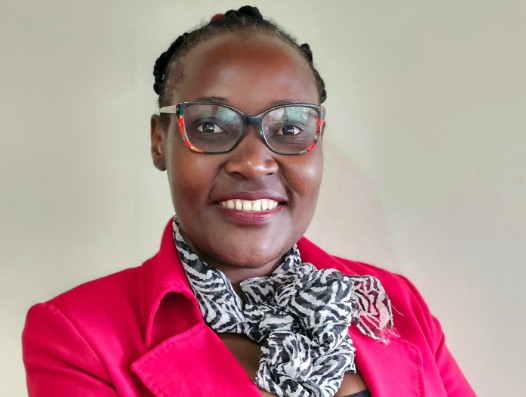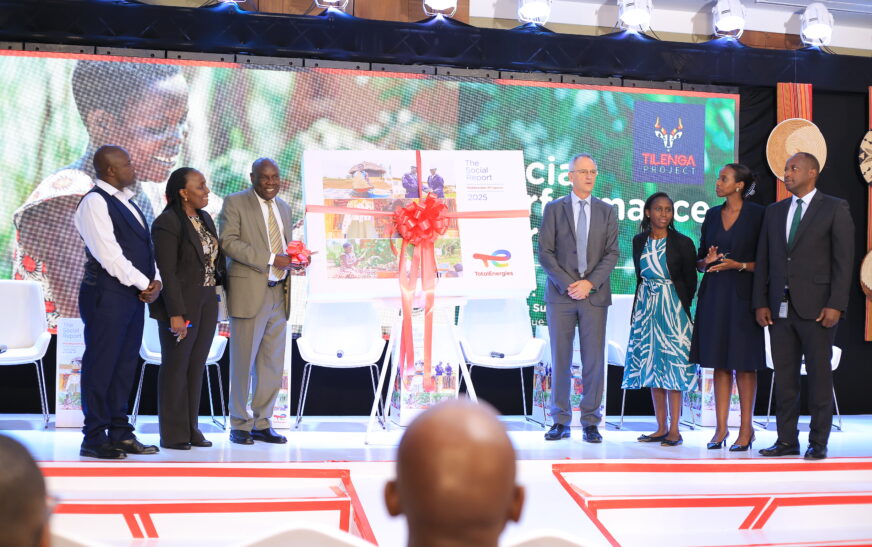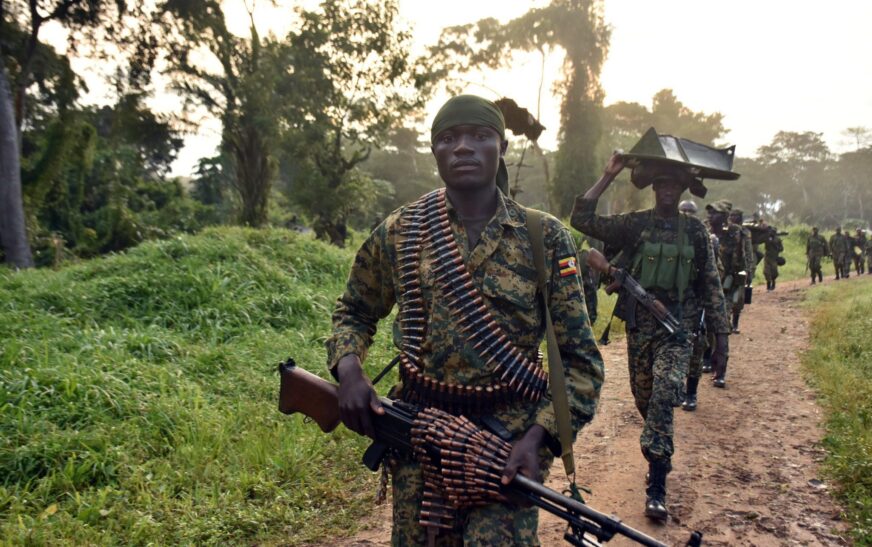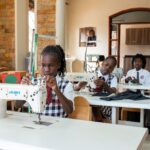Students in Mbale City have been advised to abstain from unprotected sex as hostels in the city are being said to be the contributing factor to the rising spread of HIV/AIDS. Health educators say men in the city target female students living in the hostels that have no school control.
The warning came during a recent regional meeting organised by the Uganda AIDS Commission (UAC), at Belmont Hotel, Mbale City.
The District AIDS Focal Persons, District Communication Officers, and District Health Educators from the Elgon Sub-Region attended the meeting, which focused on the current HIV situation in the region.
Robert Wandwasi, HIV/AIDS Focal Person for Mbale District said that investigations revealed that some students collaborate with hostel gatekeepers, who connect them with men seeking sexual services.
He warned that the mixing of younger and older students in hostels worsens the problem.
“You find students from S1 and S4 living together with older students. Hotels are being used as sex points, and this is fueling the spread of HIV among young people,” he said.
Wandwasi urged students to abstain from sexual activity, stressing that short-term financial gains, such as being given Shs20,000 are not worth the lifelong risk of HIV infection.
A female student staying in one of the hostels in Mbale City told this reporter that men who come with cars pick girls on weekends, especially in the night. She said most of these girls are used by men who give them money for sex.
“Men come with their cars to pick the girls in our hostels. Some men go the neighbouring hostels as well. They take the girls out in the night for sex, and they return them in the wee hours of the morning or they leave them in guest houses,” she said.
Dr. Steven Watiti, UAC Commissioner said new HIV infections are rising in Mbale City, particularly among adolescent girls and young women, largely due to urbanization.
“We need to improve our messaging and target different groups. In schools, we should encourage children to abstain and teach them to assert themselves if someone tries to exploit them,” Watiti said.
Victor Rwengabo, UAC Zonal Coordinator, highlighted that social and cultural factors, including gender inequality, cultural norms, multiple sexual partnerships, and low condom use, continue to drive new HIV infections.
“By December last year, Mbale City recorded around 330 new HIV infections. This is a significant challenge as we aim to eliminate HIV/AIDS as a public health threat by 2030,” Rwengabo said.





















